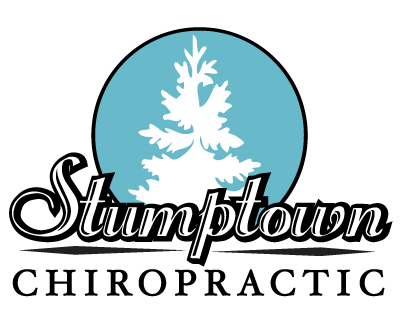October is also known as 'Breast Cancer Awareness' month. Numerous companies campaign with "pink" products and ribbons to help support breast cancer awareness and research towards a cure. Do you see a product with a pink logo or ribbon on it and automatically assume that it supports breast cancer? Did you know that many products that claim to "support" breast cancer research and awareness, may actually increase your chances of developing cancer?
Such examples of products include:
- energy drinks (that contain "natural and artificial flavors")
- plastic polycarbonate water bottles containing bisphenol-A, more commonly known as BPA
- cosmetics/perfumes (Red #5, violet #2, yellow #5, benzyl benzoate, etc.)
- cleaning products
- air fresheners
- Yogurt 'Friends in the Fight' campaign (contains high amounts of sugar, modified corn starch, "natural flavor", blue #1, yellow #5, etc.
*These items may not necessarily have any randomized control studies proving there is a 100% cause and effect relationship. We do know that toxins in our food and environment may correlate with increased risks of developing cancer. We also know that these synthetic chemicals added to our food provide no nutritional value, and increase the toxic load in our bodies.
(The U.K has banned food dyes and performed a randomized, double-blind, placebo-controlled study regarding behavioral disorders and Yellow #5 and #6.)
Many companies know that by putting a pink ribbon on their products, it will sell more products, as consumers automatically associate it with donations for breast cancer awareness/research. But, how much of your purchase is actually donated? Some companies may not donate any of their sales to the Susan G. Komen fund, despite the pink ribbon on their products.
Be sure to research companies before purchasing their product. Consider making a donation directly to cancer research in the future, if you're unsure of the product safety.
